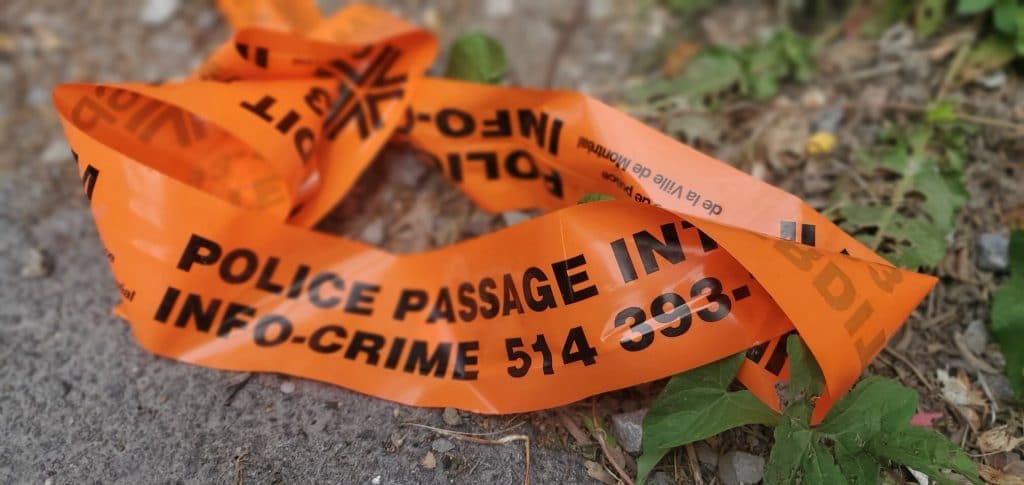First phase of opioid training completed in Quebec

Posted May 9, 2024 10:23 am.
Last Updated May 9, 2024 10:24 am.
Around 2,300 secondary school teachers in four Canadian provinces are now able to train their students to intervene in the event of an opioid overdose.
In Quebec, nearly 800 teachers have been trained.
The Advanced Coronary Treatment Foundation (ACT) has added the use of naloxone, the life-saving medication that must be administered nasally to counter the effects of an opioid overdose, to the cardiopulmonary resuscitation (CPR) and automated external defibrillation program (AED) that it offers for free to high schools across the country.
“Thanks to this training, we have more students who can respond to emergency situations and who sometimes make a difference,” said Salim Grim, Program Manager for the ACT Foundation in Quebec.
Launched in June 2022, the first phase of this training program has now reached 2,300 teachers in 830 high schools in Quebec, Alberta, Ontario, and British Columbia.
It is estimated that more than 160,000 students could be trained each year to respond to a suspected opioid overdose.
In Quebec, more than 780 teachers have been trained in 274 secondary schools, which could lead to the training of more than 40,000 young people a year. Over 290 teachers have also been trained in Alberta, over 390 in British Columbia and over 830 in Ontario.
The training enables teachers to teach students what opioids are and how overdoses occur, what naloxone is and how it works, how to recognize a suspected opioid overdose, and how to respond to a possible overdose, including administering the naloxone nasal spray if necessary.
“Opioid overdose response is a new issue that has come to Canada in recent years,” said ACT Foundation Director of Operations Jennifer Russell. “It’s also related to cardiopulmonary resuscitation. It’s something that students and even their teachers find completely logical and normal during our training.”
According to the Public Health Agency of Canada, around 6,000 deaths from apparent opioid overdoses were reported between January and September in 2023.
The Canadian Centre on Substance Use and Addiction notes that 94 per cent of opioid overdose deaths occur by accident, and that young Canadians aged 15 to 24 are the fastest-growing population requiring hospital care for opioid overdose.
–This report by La Presse Canadienne was translated by CityNews



